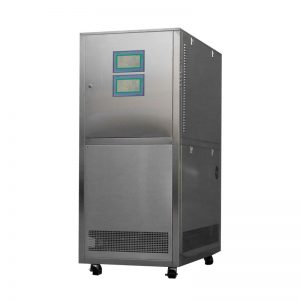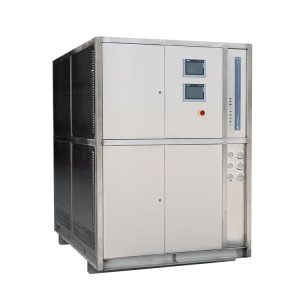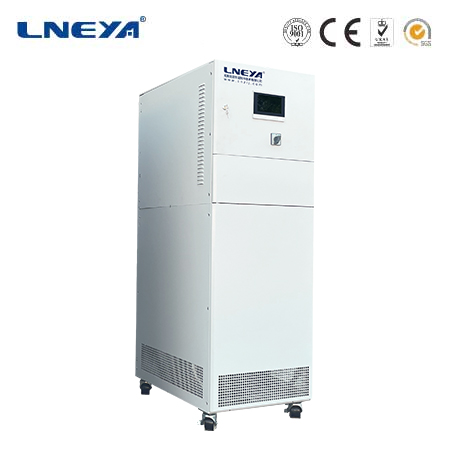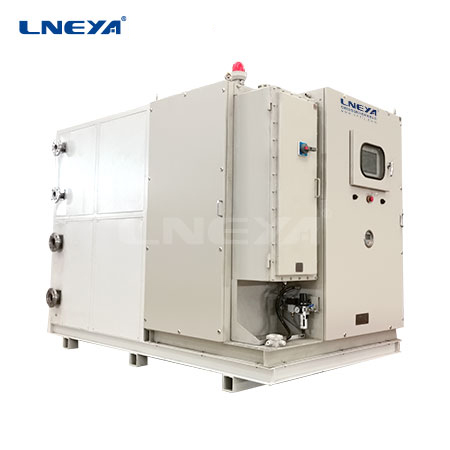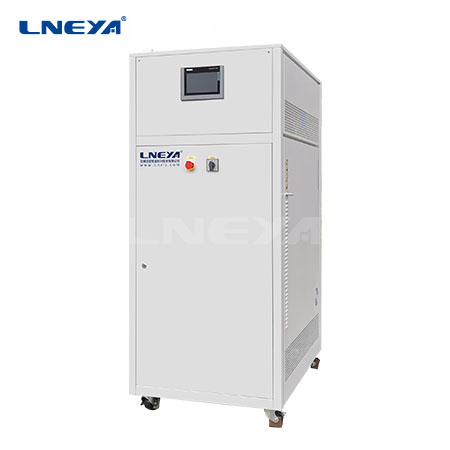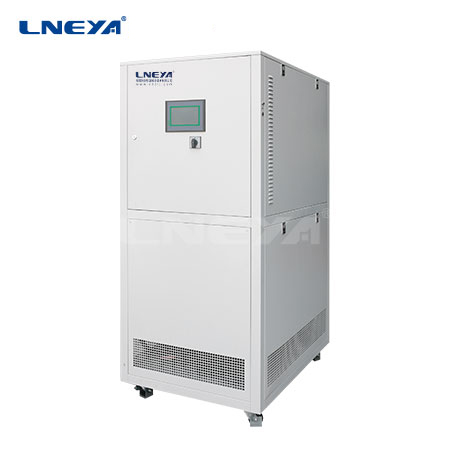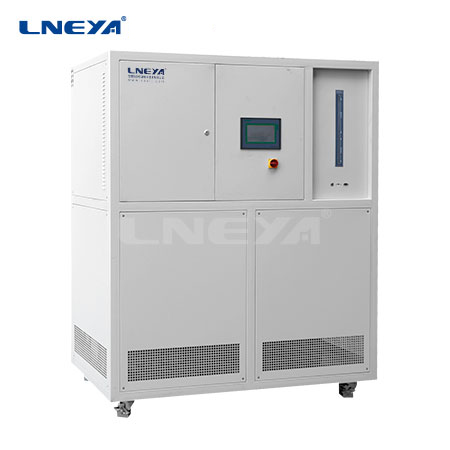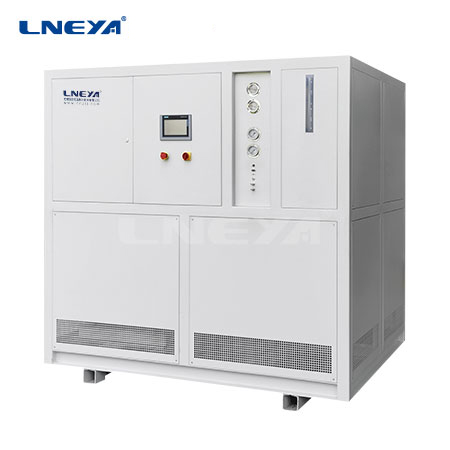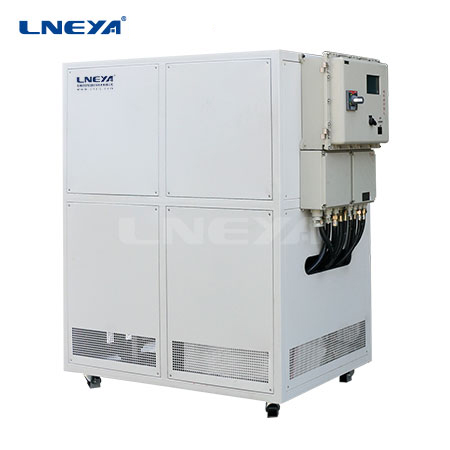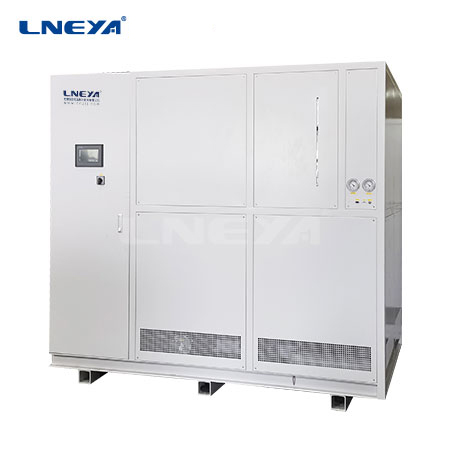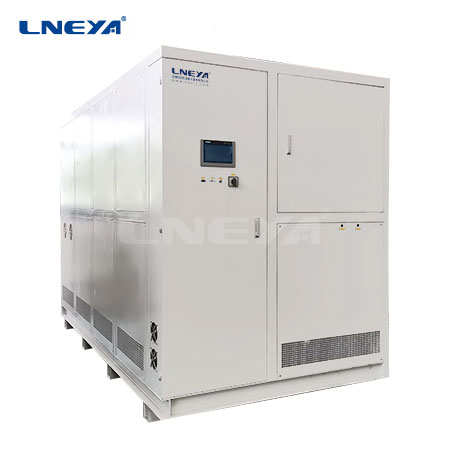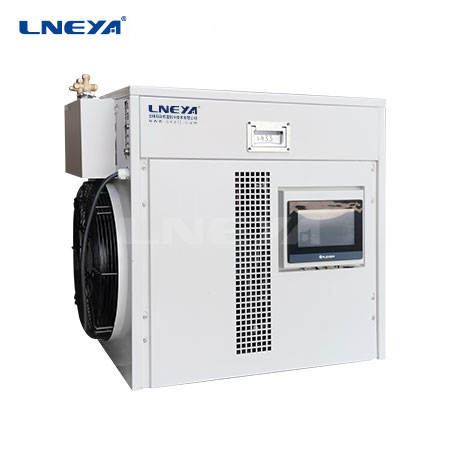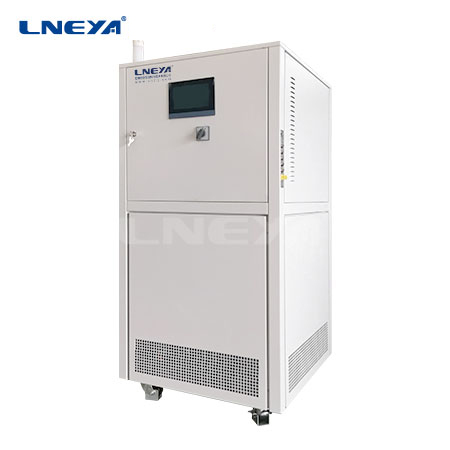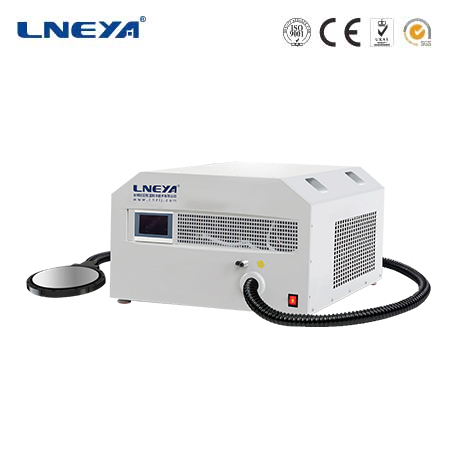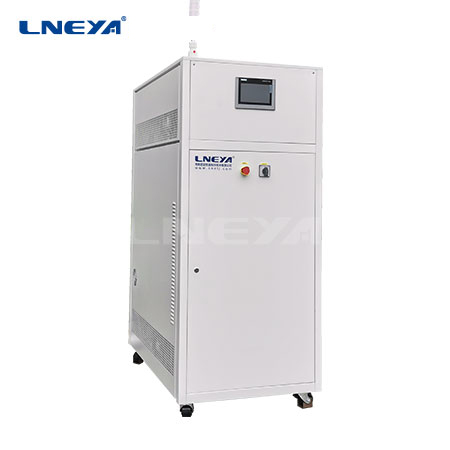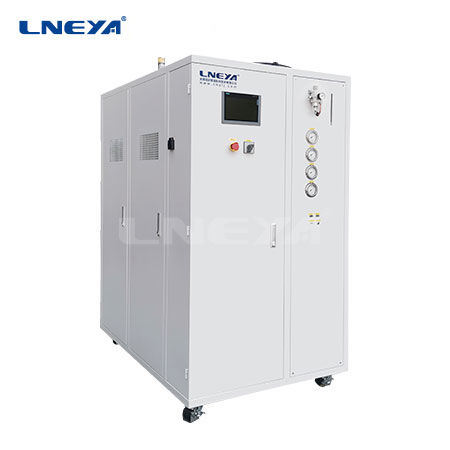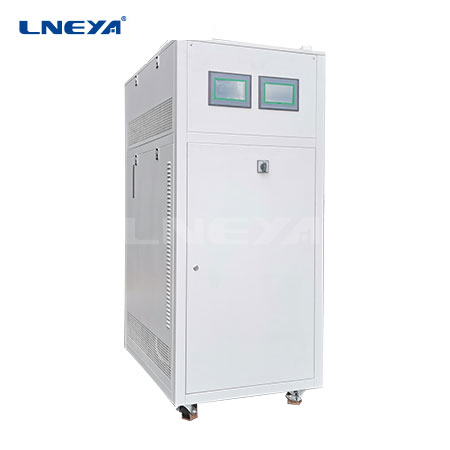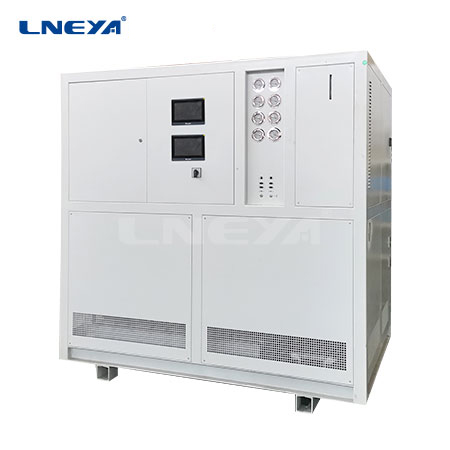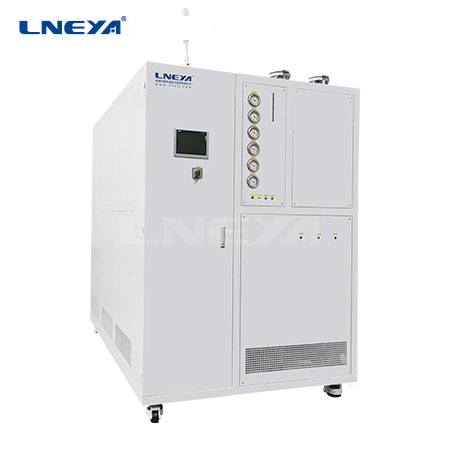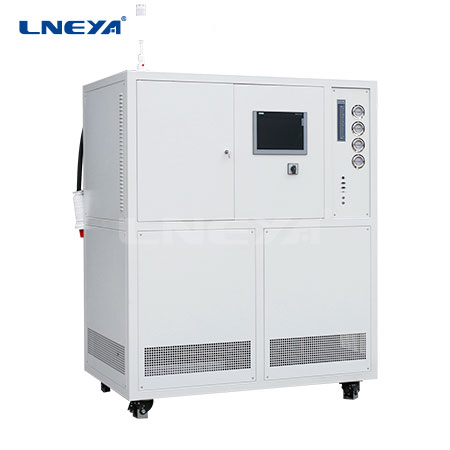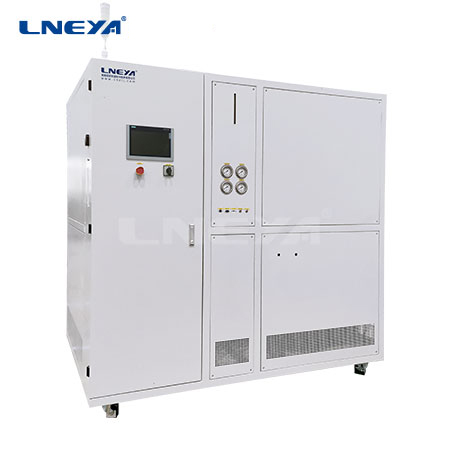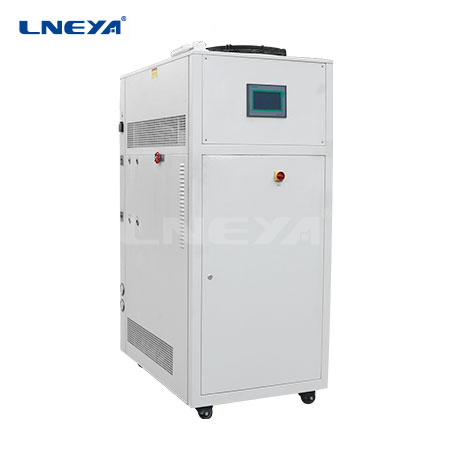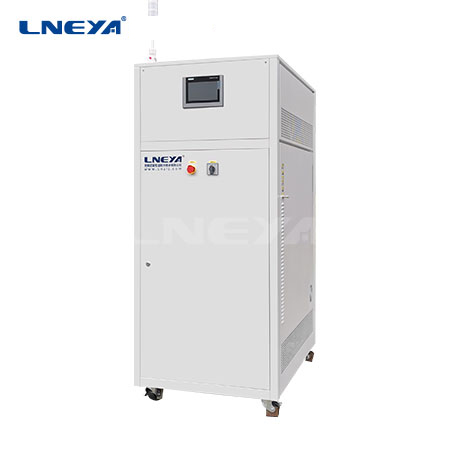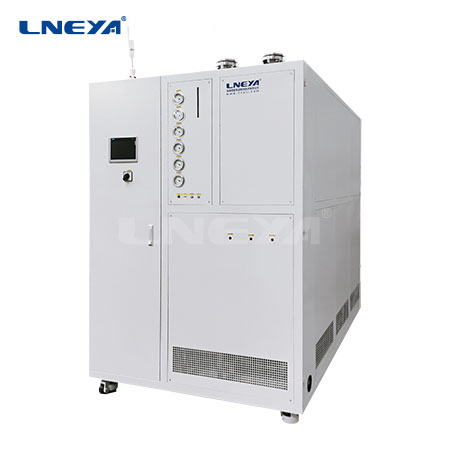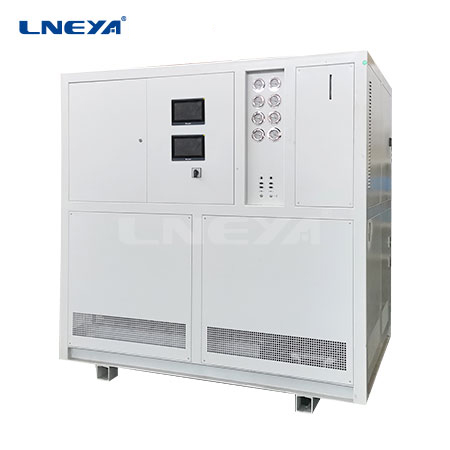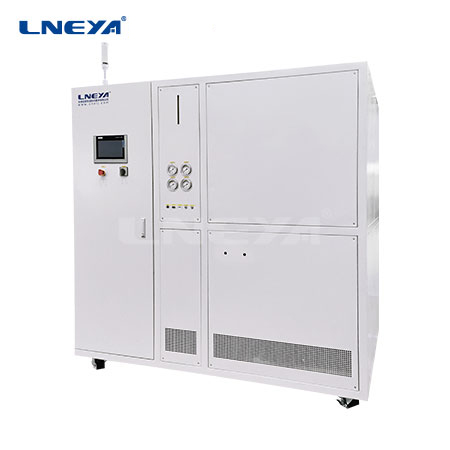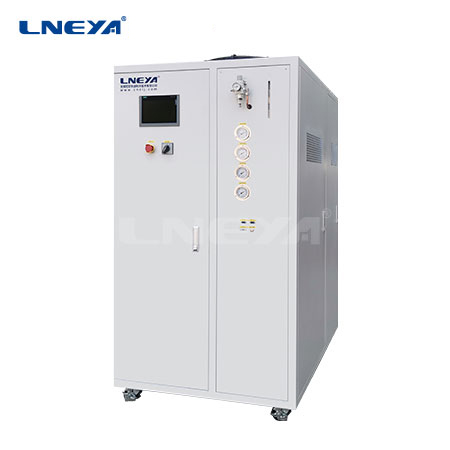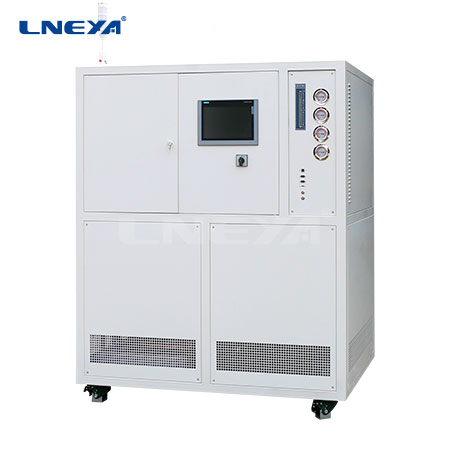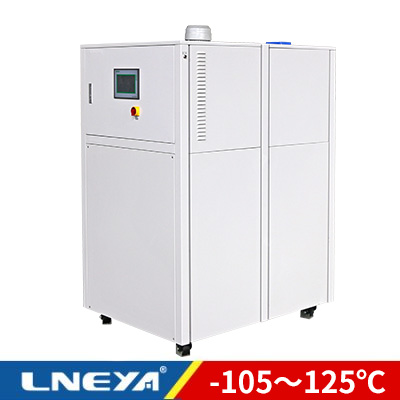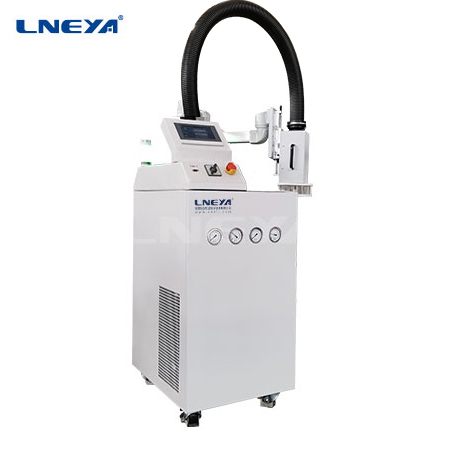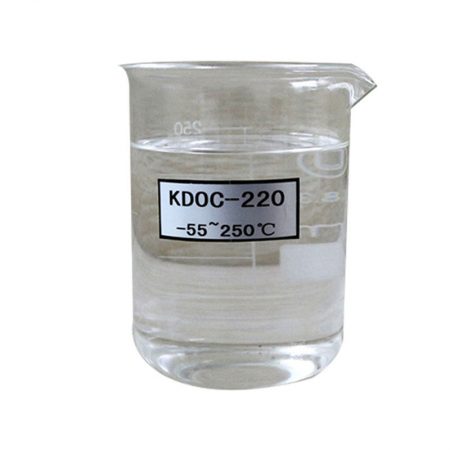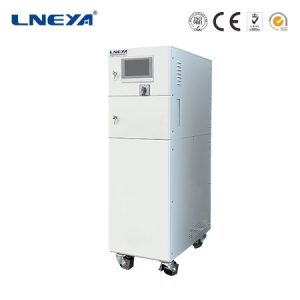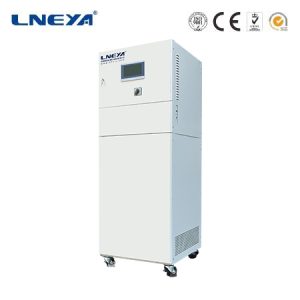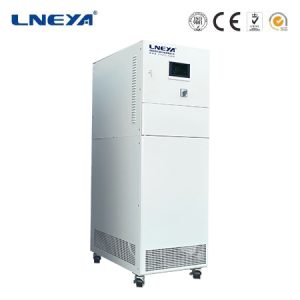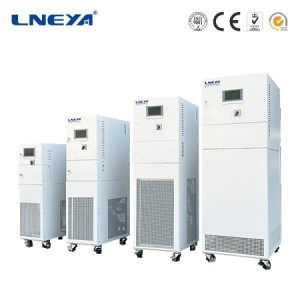Introduction to Industrial Cooling Water
Industrial cooling water plays a pivotal role in the efficient operation of numerous manufacturing processes, including power generation, chemical production, and food processing. It serves to absorb and dissipate heat, maintaining optimal temperatures for machinery and processes. This article explores the significance of industrial cooling water, its management, and the environmental implications of its use.

The Role of Cooling Water in Industry
Cooling water is used in closed-loop and open-loop systems to regulate temperatures:
Closed-Loop Systems: These systems circulate water within a confined loop, minimizing water loss and reducing the need for makeup water.
Open-Loop Systems: These systems draw water from a natural source, such as a river or lake, and return it after use. They are more susceptible to contamination and scaling.
Cooling Water Management
Effective management of industrial cooling water is crucial for maintaining operational efficiency and minimizing environmental impact:
Water Treatment: Chemical treatments are used to prevent corrosion, scale formation, and biological growth, which can compromise the cooling system’s performance.
Monitoring and Control: Regular monitoring of water quality parameters, such as pH, conductivity, and temperature, ensures optimal system performance and early detection of potential issues.
Energy Efficiency: Cooling water systems can be optimized for energy efficiency through proper design, maintenance, and the use of advanced technologies.

Environmental Considerations
The use of industrial cooling water raises several environmental concerns, including water resource depletion and thermal pollution:
Water Conservation: Industries are increasingly adopting water-saving technologies and practices to reduce their water footprint.
Thermal Pollution: The discharge of heated water can affect aquatic ecosystems. Regulations often require industries to cool the water before discharge.
Latest Technologies in Cooling Water Systems
Advancements in technology are enabling more efficient and sustainable cooling water systems:
Heat Recovery: Technologies that capture waste heat from cooling water can be used for preheating processes or generating steam, reducing energy consumption.
Advanced Water Treatment: Modern water treatment methods, such as ultraviolet disinfection and membrane filtration, provide more effective and environmentally friendly alternatives to traditional chemical treatments.

Conclusion
Industrial cooling water is essential for the operation of many industrial processes, and its management is critical for both operational efficiency and environmental sustainability. By implementing effective water treatment, monitoring, and advanced technologies, industries can optimize their cooling water systems while minimizing their environmental impact.
Note: This article is for informational purposes only and does not endorse any specific product or service. It is essential to consult with a qualified professional when considering the implementation or optimization of an industrial cooling water system to ensure it is suitable for your specific needs and complies with environmental regulations.
 LNEYA
LNEYA
 简体中文
简体中文







